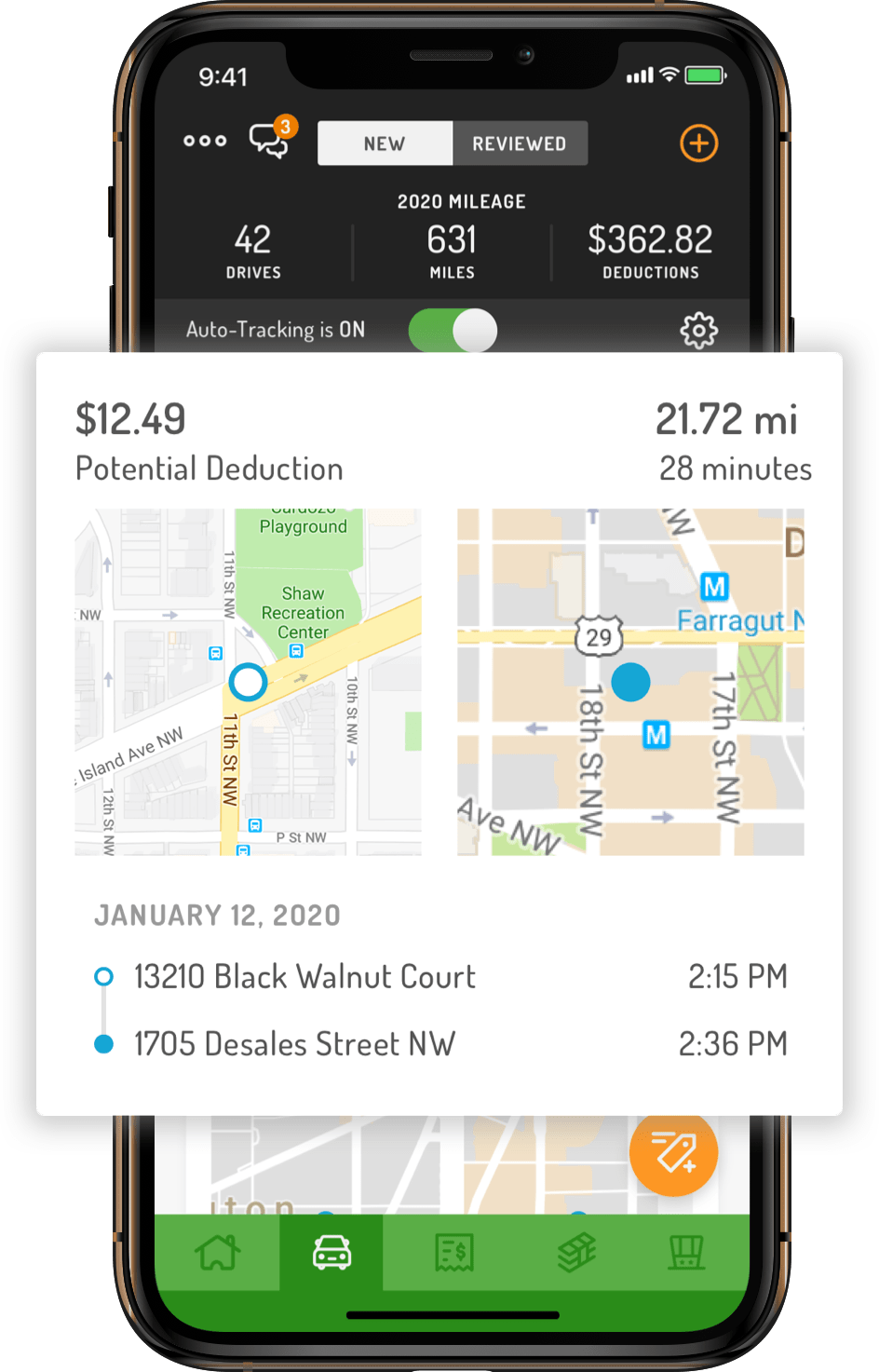Transform your platform with Hurdlr's embedded, white-labeled Income Tax API. Elevate your financial management capabilities, offering users a seamless experience that goes beyond mere number crunching to strategic financial insights, all in real-time.

Our Income Tax API is the perfect tool for fintech apps, digital banking platforms, and vertical SaaS providers aiming to elevate their offerings for small businesses, and their owners. Integrating our Income Tax API allows you to seize significant tax preparation and management opportunities, eliminating the burdensome need to build and maintain a complex tax infrastructure in-house.
By leveraging our reliable, robust, and thoroughly tested Income Tax API, you will accelerate your time to market, enhance user satisfaction, and save considerable development resources. Our API enables you to swiftly deploy advanced tax management capabilities — within days or weeks, not months or years. Your clients will appreciate the ease of use, comprehensive coverage, and customization options from day one while your business captures the lucrative revenue opportunities presented by offering integrated tax services.
Join the forefront of financial management innovation with our Income Tax API.





Leverage our Income Tax API to streamline your tax management services, significantly reducing development time and costs. Launch comprehensive tax solutions swiftly, enhancing your platform's value proposition.
Here are the key benefits your business can experience by utilizing our Income Tax API:
Our white-labeled solutions can be seamlessly integrated into your platform within days or weeks, accelerating your product's time to market and enabling you to focus resources on core business initiatives.
The maturity and robustness of Hurdlr's Income Tax API, tested and trusted by thousands of financial professionals, minimize the support required by end users, enhancing overall satisfaction.
Offering real-time income tax estimates, reporting, filing, and payment capabilities improves user engagement and retention by simplifying tax management for various income streams and tax profiles.
By providing a comprehensive tax solution directly within your platform, you enhance user experience and satisfaction, positioning your service as an all-in-one financial management hub.
Integrate our Income Tax API to unlock new revenue opportunities through value-added tax services, setting your platform apart in competitive markets.
Focus your development team on innovating and enhancing your core offerings rather than navigating the complexities of tax calculation and filing.
Tailor the user experience with our flexible API, supporting various income types, expenses, and tax profiles, ensuring a personalized and efficient tax management process for your users.
Ensure compliance with federal and state tax laws, leveraging our constantly updated API that adapts to tax law changes, providing peace of mind for you and your users.
Prioritize user data protection with our secure API, maintaining the highest privacy and security standards in handling sensitive tax information.
Our Income Tax API empowers fintech platforms, digital banks, and vertical SaaS providers serving small businesses to deliver sophisticated, reliable tax solutions, enhancing user satisfaction and driving business growth. Embrace the power of seamless tax management with Hurdlr today.
Our Income Tax API is designed to offer comprehensive tax management capabilities to your customers, ensuring ease of use and integration. Here are the standout features:
Enables automatic calculation of income taxes based on various income streams, deductions, and credits, adhering to the latest tax laws and regulations.
Offers real-time updates on estimated tax liabilities, helping users to plan and save for their taxes throughout the year.
It can be easily integrated with financial, banking, and accounting systems, ensuring a holistic approach to financial management within your platform.
Extensive customization capabilities allows the tailoring of the UX to your customer base’s unique needs, enabling users to easily generate the reports that align with their specific needs and preferences.
Enables users to make annual tax payments, supporting federal and state tax payments.
Simplifies the tax filing process by generating pre-filled tax forms and supporting e-filing capabilities for a streamlined submission process.
Adheres to stringent financial and data security standards to protect sensitive tax information throughout the calculation, payment, and filing processes.
Provides payment confirmations and updates on filing status, helping users stay up to date.
Assists users in identifying eligible deductions and credits to minimize tax liabilities and maximize returns.
Accommodates users with state income tax requirements, calculating state-specific and federal taxes.
Enables users to track and categorize expenses, facilitating easy deduction and credit application during tax filing.
Can be leveraged for advanced tax planning and scenario analysis, helping users make informed decisions about investments, deductions, and tax-saving strategies.
Our Income Tax API is built to provide your platform with a robust, user-friendly tax management solution that enhances your service offering, improves user engagement, and contributes to your platform's value proposition. Embrace the future of financial management by integrating our advanced Income Tax API today.
